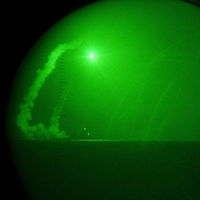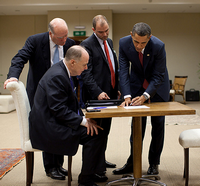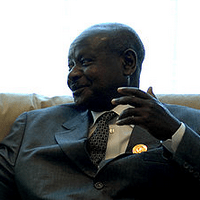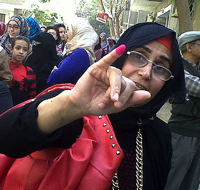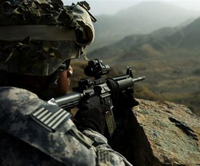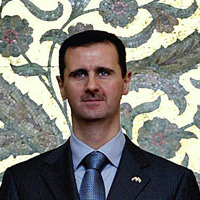
So far, the wave of protests jolting the Middle East has targeted mostly regimes friendly to the United States. With the prominent exception of Libya, a country that is rather peripheral to the region’s political life, the uprisings of the Arab Spring have weakened Washington’s friends and, consequently, brought satisfaction to its foes. All of that could change with the events unfolding in the latest country engulfed by reformist protests, Syria. Much like Egypt, Syria stands at the heart of the Middle East. But unlike Cairo, Damascus has remained a very large thorn in America’s side for decades. Run by […]

